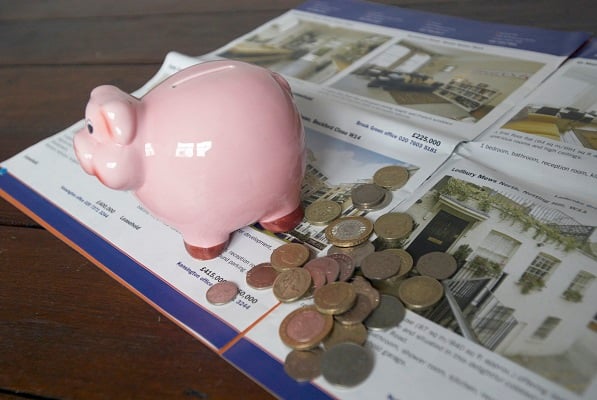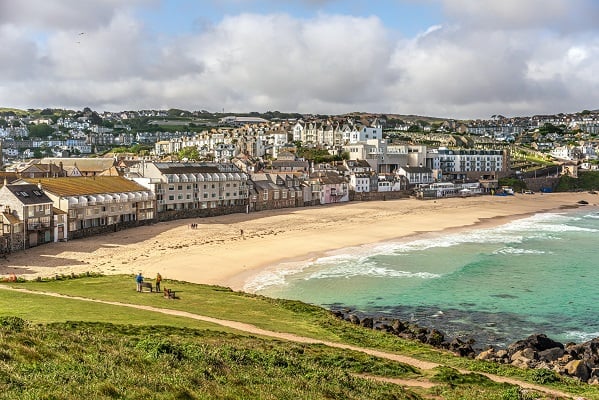Britain has suffered the worst house price fall out of any major European economy according to a report from Knight Frank. House prices fell by 3.1% on an annual basis in the first three months of 2023 as persistent inflation and rising mortgage rates continue to affect prospective buyers.
This is compared with a 1% fall in Germany and a 2.7% rise in France during the same period, whilst prices grew by 1.1% in Italy and Spain recorded a 3.1% growth. Chairman of Cornerstone Group International, David Hannah comments on how the persistent interest rate rises have affected the UK property market.
The lack of growth comes as the average five-year fixed mortgage rate has risen to 6.01% according to Moneyfacts in data released on Tuesday. This marks the highest level since last November as the average two-year fixed deal now stands at 6.47%, up from 6.42% on Monday.
The increase in rates for fixed-rate mortgages has pushed more homeowners to turn to variable rate deals. New data from trade association, UK Finance, has found that 13% of new mortgages taken out in the three months to April were variable rate deals as homeowners are taking a chance that mortgage rates will fall in the long-term.
The rise in rates coincides with nearly 10% of mortgage deals being withdrawn from the market by lenders due to apprehensions about escalating interest rates. Moneyfacts reports that approximately 800 residential and buy-to-let deals have been withdrawn in total. Mortgage rates continue to be affected after the Bank of England hiked interest rates by 0.5 percentage points last month – pushing the benchmark rate to 4.75% up from 5% – representing the thirteenth consecutive rise since December 2021. This comes after official data showed that the annual rate of inflation was stuck at 8.7% in May.
As a result, homeowners across the UK will be burdened with an additional £9 billion in interest payments between 2023 and 2024, according to the Centre for Economics and Business Research. Over the course of 2023 and 2024, 2.5 million homeowners will face the expiration of their fixed-rate deals, with an additional one million on variable-rate deals.
Chairman of Cornerstone Group International, David Hannah said, “I think it has been a complete mistake to raise interest rates consistently, it could even tip the economy into recession. Everybody’s just about managing at the moment and if you look at the underlying factors that created this inflationary cycle, they’re not in the control of consumers. I think the Bank of England should have called a hold on any rise in rates for one month to see what happens to inflation. It is clear to see how the UK property market has been affected negatively due to the 13 consecutive interest rate rises.
“The decision from the Bank of England to raise interest rates to 5% means that homeowners coming off fixed-rate deals and moving straight into a six percent mortgage are going to be unable to afford them. That’s going to lead to a load of repossessions and forced sales which is not good news. Fundamentally it’s going to shatter confidence in the market.
“Such an environment will lead to a slowdown in property sales, as well as a potential decline in property prices, impacting both existing homeowners and those aspiring to join the property ladder. The interest rates rise is also set to affect first-time buyers who may now be unable to make a first step onto the housing ladder due to unaffordable mortgage rates. It will also have a knock-on effect on the rental market too – it has already been suffering from a lack of supply, and now, with a growing number of would-be buyers in need of a place to live, this is going to be exacerbated further. The result of this is that rental prices and competition will likely increase at a time when people are already struggling.”






Leave a Comment